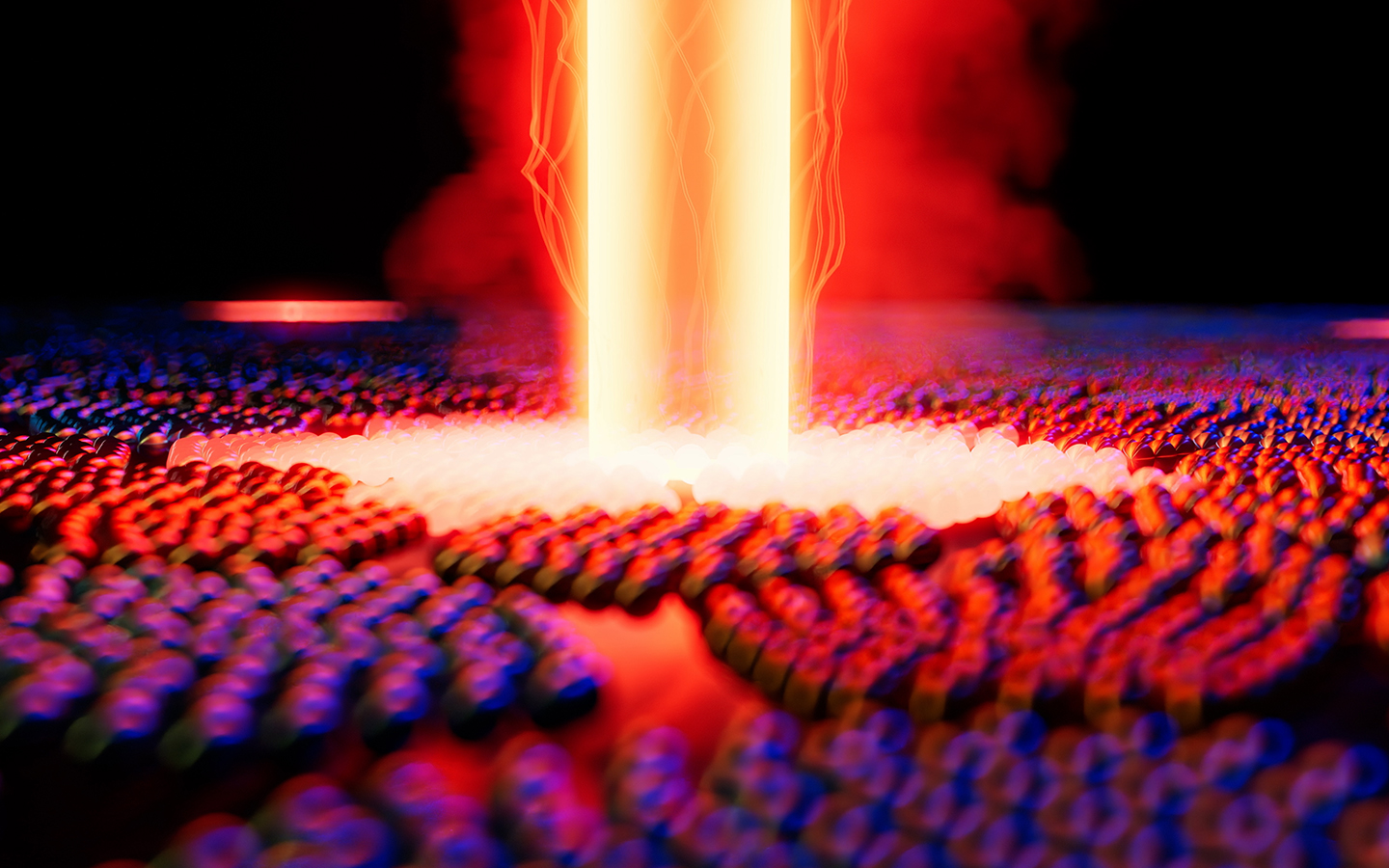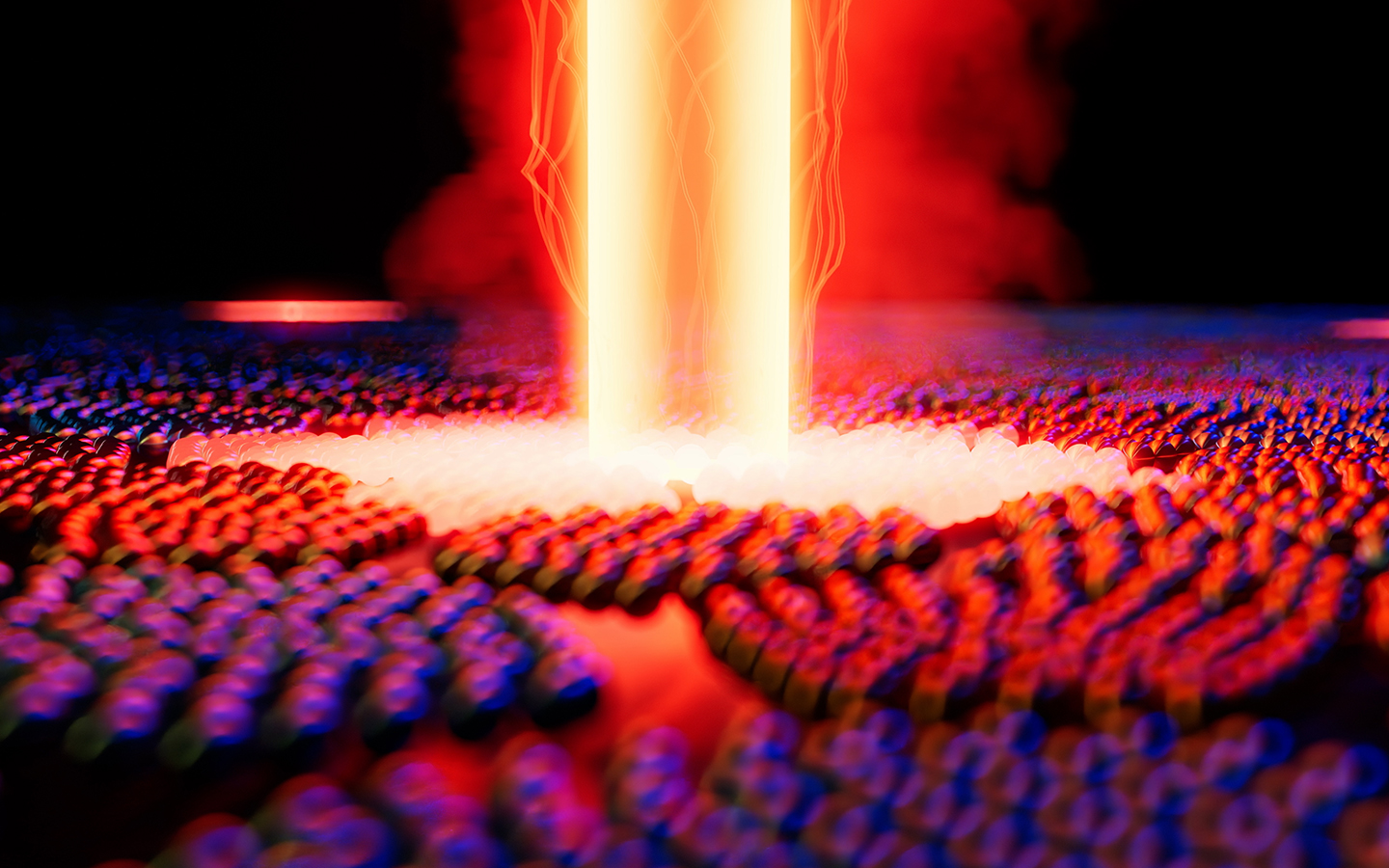Long-time Seagate Partnership enables Dropbox to deliver enhanced services to customers
Dropbox, the renowned cloud storage provider, has worked closely with Seagate for many years, making extensive use of Seagate's nearline hard drive platforms built on the most advanced areal density technologies in its program to scale and optimise its data centres. With its projections for customer data growth continuing to increase, Dropbox says it is now preparing to adopt Seagate's next groundbreaking Exos hard drive platform powered by an unprecedented areal density of 3 TB per disk, enabled by Seagate’s Heat-Assisted Magnetic Recording (HAMR) technology.
“The collaboration between Dropbox and Seagate spans several years,” says Ali Zafar, Dropbox Vice President of Hybrid Infrastructure, highlighting the fruitful relationship and the benefits derived from Seagate's cutting-edge technologies. “The upcoming integration of the industry’s highest-areal-density platform with Seagate's innovative HAMR technology into Dropbox's storage infrastructure demonstrates the commitment of both companies to pushing the boundaries of data storage capabilities.”
Goals: highest data density and an efficient data centre cost structure
Over several years as it has expanded its services to a growing customer base, Dropbox has leveraged Seagate's comprehensive range of Exos nearline hard drives for their industry-leading performance, reliability, and security — and the highest storage densities available. Most recently, Seagate’s impressive 25 TB drives have been tested, approved, and incorporated into the Dropbox fleet.
Now, because of its latest 3 TB-per-disk areal density breakthrough, Seagate is uniquely positioned to introduce 30 TB+ hard drives that use only 10 disks and 20 heads. This configuration heralds noteworthy efficiency improvements in terms of drive acquisition cost, energy consumption and space utilisation.
The use of the highest areal density hard drives by Dropbox brings a host of advantages to its data centre operations. Ali Zafar explains that the increased data density enables the company to store more data on a single server, leading to fewer required racks and reduced floor space. This consolidation contributes to significant savings in operational expenditure, including power, cooling, CPU, RAM and floor space costs.
“Ultimately, Dropbox can achieve a better cost structure and a lower Total Cost of Ownership (TCO), ensuring efficient and cost-effective services for its customers,” Zafar says.
“The critical role of hard drives in Dropbox's data centre architecture cannot be overstated,” says Zafar. “Hard drives are the most widely utilised physical storage medium in Dropbox's fleet.” Given the ongoing growth in cloud storage demand reflected by Dropbox's impressive year-over-year storage growth rate, the advantages offered by advanced technologies that enable areal density gains and more TB-per-disk have become increasingly vital in meeting evolving data needs.
Hard drives dominate Dropbox’s storage architecture
While other important storage technologies such as solid state drives (SSDs) and tape have their merits, hard drives remain the most practical solution for Dropbox's storage infrastructure and for hyperscale and data centre architecture in general, says Hemant Thakre, Dropbox Head of Storage and Magic Pocket.
The company's customer data is stored entirely on hard drives in Dropbox's custom Magic Pocket architecture, which Thakre says is “one of the few multi-exabyte storage solutions in the world.” Magic Pocket is a horizontally scalable blob storage system that boasts high availability, durability, and capacity, storing multiple petabytes of data per server, while also efficiently handling millions of queries per second and autonomously detecting and rectifying numerous hardware failures daily.
“Hard drives offer a favourable balance between storage density per disk, capacity per slot, cost per terabyte, endurance, and Service-Level Agreements (SLAs), ensuring Dropbox can meet customer expectations efficiently,” says Thakre. “Additionally, hard drives provide a stable and reliable storage foundation for Dropbox's diverse range of data, including music, photos, videos and documents.”
Zafar emphasizes that Dropbox eagerly anticipates adopting Seagate's latest HAMR-enabled hard drives, as they represent an exciting breakthrough in data density. HAMR technology enables Seagate to achieve much higher areal densities per disk this year, and into the future it will deliver 5 TB/disk areal densities and higher, leading to product capacity points up through 50 TB and beyond (based on the same 10 disk/20 head architecture and resulting BOM cost), pushing the limits of storage density and further optimising data centre operating efficiency.
“By qualifying and deploying Seagate’s 3 TB-per-platter HAMR-equipped Exos nearline drives, Dropbox aims to stay at the forefront of technological advancements, enabling the company to meet expanding storage requirements efficiently,” says Zafar. “Dropbox plans to commence testing and qualifying Seagate’s HAMR drives later this year, with the goal of accelerating their adoption as soon as possible.”
A cooperative, mutually beneficial relationship
Zafar notes that thanks to Seagate's unwavering commitment to advanced technology leadership, the partnership with Seagate supports the continuous growth of Dropbox's high-areal-density hard drive footprint, ensuring the company can scale its storage capabilities to keep pace with customers' data demands effectively.
“We’re always confident in deploying Seagate’s most advanced technology, because Seagate’s partnership has always helped us further optimise for our needs,” says Jared Mednick, Storage Hardware Engineer. “As our workloads have evolved from the file syncing that was prominent several years ago to serving our customers today who are moving towards richer media, we regularly work with Seagate to optimise the firmware tuning process and servo processes on new storage platforms. As evolving applications continue to fuel the need for higher data density storage, bringing HAMR into our architecture is next — and Seagate’s expertise will continue to be critical.”
The thriving partnership between Dropbox and Seagate extends beyond the use of hard drives. Dropbox actively engages with Seagate in co-selling initiatives, as well as design feedback partnerships. Dropbox's involvement in Seagate's Ultra Touch external consumer hard drive product exemplifies the collaborative efforts to drive top-line revenue for both companies. Additionally, Dropbox has worked closely with Seagate on demonstrations and discussions surrounding AI-powered tools such as Dropbox Dash and Dropbox AI, further illustrating the shared commitment to innovation and customer-centric solutions.
Dropbox’s commitment to optimising its data centre operations remains steadfast. A key philosophy guides its infrastructure architecture: storage density is king. The company is focused on harnessing the highest areal density drives available in the industry, staying ahead of data centre technology, and ensuring optimal storage efficiency. Recognising Seagate's leadership in advancing areal density and storage capacity, Dropbox intends to deepen its engagement with Seagate, exploring further potential benefits for both companies and their customers.
With a shared dedication to technological advancement, Dropbox and Seagate are set to continue their successful partnership. Dropbox's intention to qualify and adopt Seagate's forthcoming 3 TB-per-disk HAMR drives exemplifies this commitment to remain on the cutting edge of technology. The zettabyte era is here, and both Dropbox and Seagate stand ready to meet the storage demands of the future.
This article was prepared in collaboration with Jesse Lee, Tech Lead at Dropbox.










